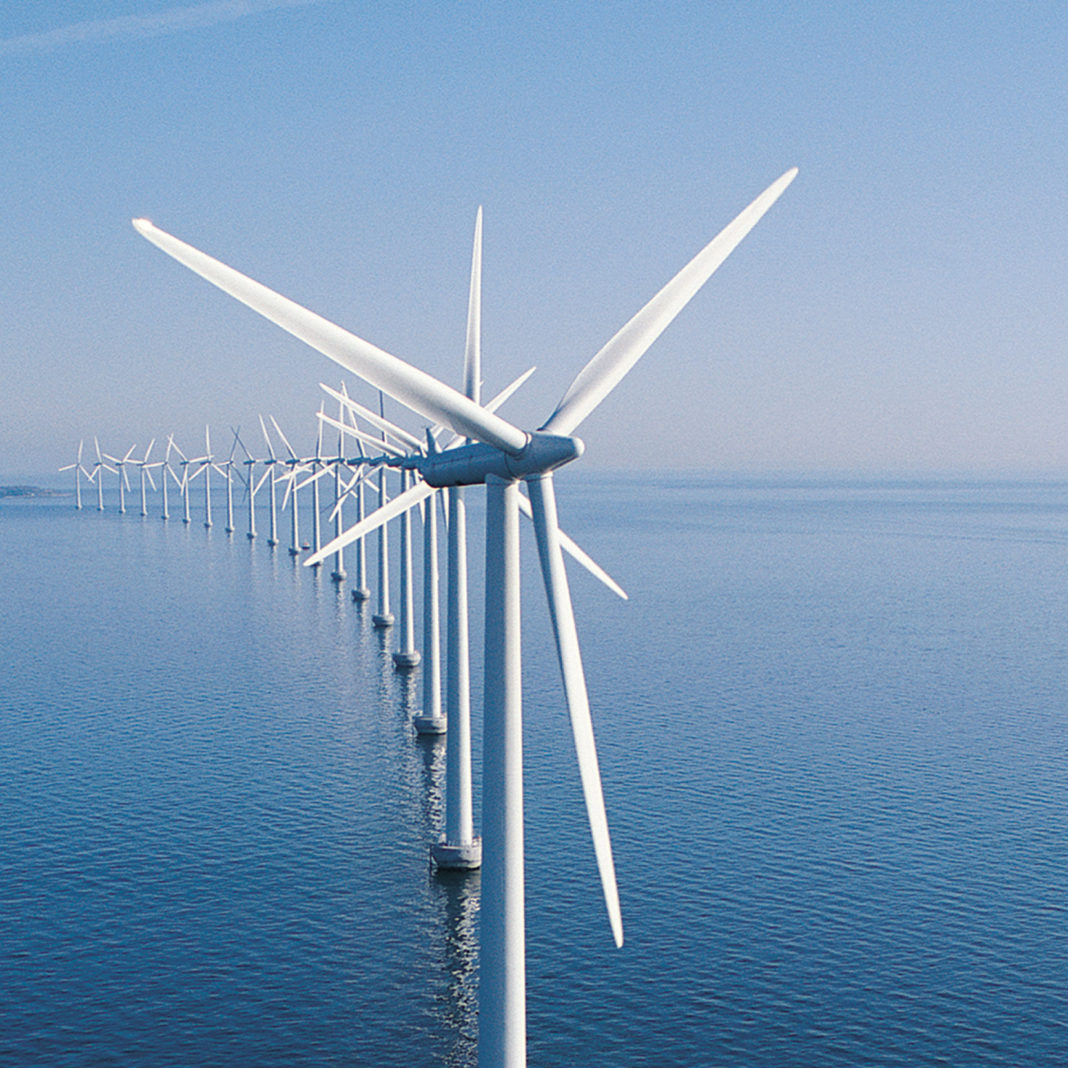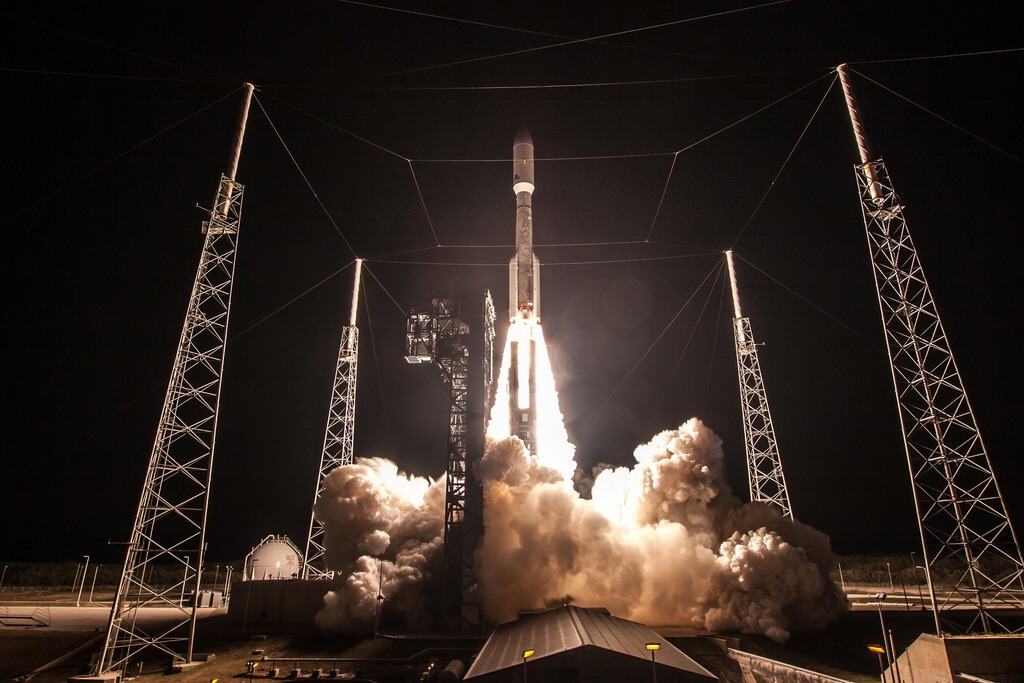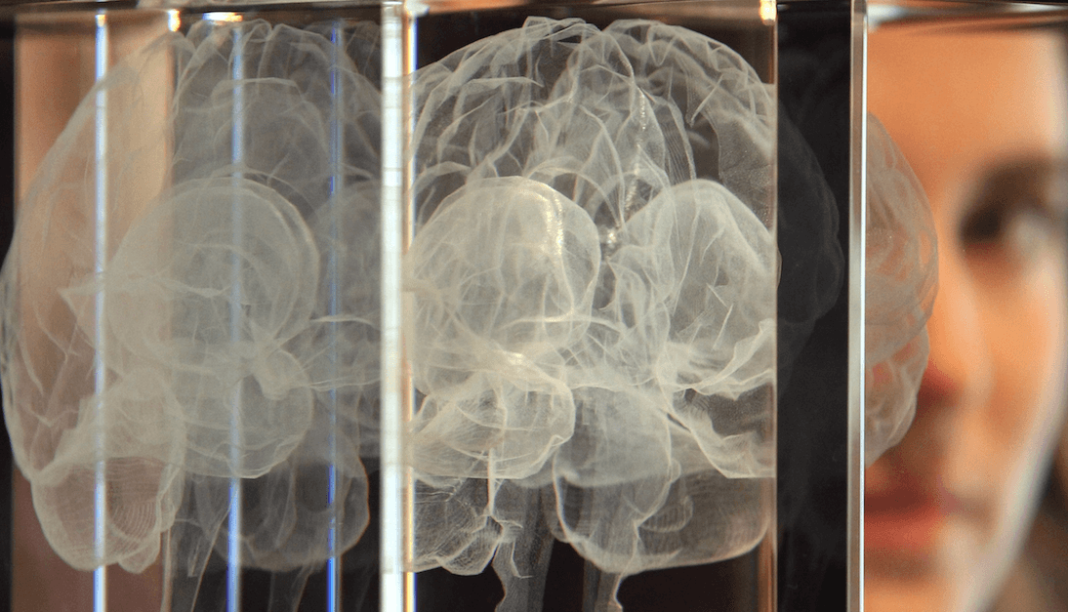Nanotechnology is a field that’s receiving a lot of attention at the moment as scientists learn more every day about the benefits it can bring to both the environment and our health. There are various ways in which nanotechnology has proved itself useful including in developing enhanced solar cells and more efficient rechargeable batteries, and in saving raw materials and energy.
When it comes to nanotechnology, even the smallest achievements make huge differences, and on November 23, 2016, future technologies were presented to the international congress as part of the “Next Generation Solar Energy Meets Nanotechnology.” Out of the ten projects, three of them were located in Wurzburg and are explained in a little more detail below:
- Eco-friendly inks for organic solar cells: Over at the University of Erlangen-Nuremberg, Professors Vladimir Dyakonov and Christoph Brabec have created eco-friendly photovoltaic inks using nanomaterials and have developed a new simulation process at the same time. Dyakonov explains, “They allow us to predict which combinations of solvents and materials are suitable for the eco-friendly production of organic solar cells.”
- Nanodiamonds for ultra-fast electrical storage: If we want to have powerful, yet highly efficient electric vehicles then we need some way of storing the energy as a standard battery couldn’t handle it. Supercapacitors are great regarding acting as an efficient energy storage system. But, because their energy density is so low they need to be quite large in order to deliver any reasonable amount of energy. However, further work is being done in this area currently, and progress is promising. Professor Anke Kruger, head of the project, says “Based on these findings, it is now possible to build application-oriented energy stores and test their applicability.”
- Increased storage capacity of hybrid capacitors: Better energy storage systems were also the focus of Professor Gerhard Sextl and his team’s project. Their hybrid capacitors can store more energy due to the embedded lithium ions and can do it quickly through the use of a supercapacitor. Sextl says, “We have managed to develop a material that combines the advantages of both systems. This has brought us one step closer to implementing a new, fast and reliable storage concept.”
More News To Read
- The UK Sets a Good Example with Green Energy Production Efforts
- Are Jellyfish the Answer to the World’s Energy Dilemma?
- Breakthrough Comes as Physicists Observed the Light Spectrum of Antimatter for First Time Ever
- So What’s the Story With the Faraday Future Flop?
- Renewables Set to Become Cheapest and Most Efficient Way to Power Our Homes











